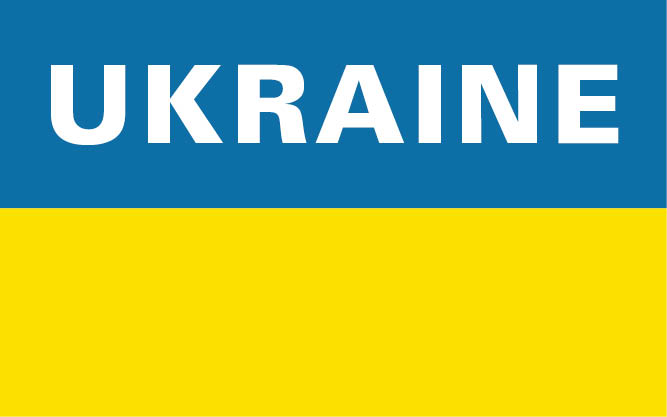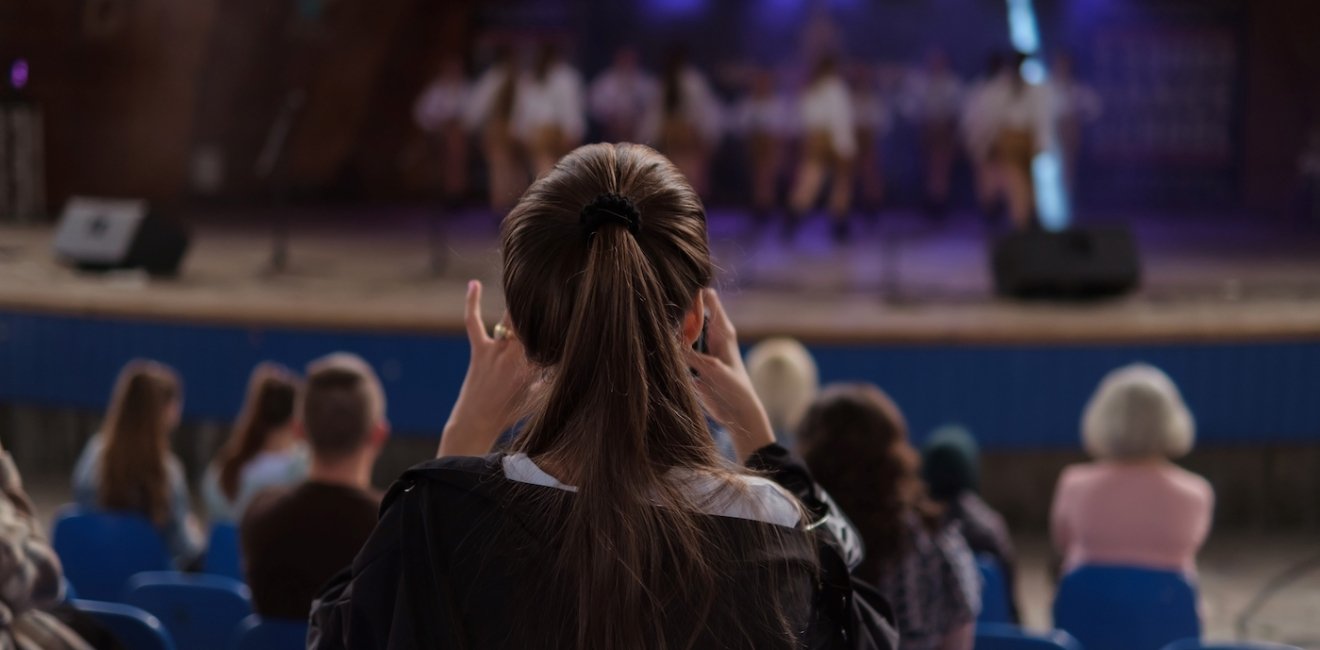
A blog of the Kennan Institute
Ukrainian theater has emerged over the course of the past two years as an important public forum for airing the most sensitive issues arising from the full-scale Russian invasion in 2022. Scores of playwrights have written about their own experiences, producing new works which provide a vivid chronicle of Ukraine at war. Many of their scripts have been produced, both in Ukraine and abroad.
As theaters began to reopen under martial law strictures, their staging of new and old works provided both relief from the hardships of war and opportunities to nurture public dialogue about its displacements. Ukraine’s collective and personal responses to war’s traumas have been dramatically visible from its stages.
Iulia Bentia and Pavlo Shopin, two Ukrainian theater scholars, recently undertook a foray into what wartime theater reveals about their society’s traumas, aspirations, and dispositions in an article in the journal Art History in Ukraine (Mystetstvoznavstvo) turned to submissions made last year for the fifth All-Ukrainian Festival organized by the National Union of Theater Artists of Ukraine. Dating from 2017, the festival has presented productions by companies large and small, from every corner of the country. No festival took place in 2022, so the 2023 festival presented 134 performances staged in 2021 and 2022, ranging from plays for children to large-scale productions, from musicals to experimental works.
Eighteen of the plays related directly to the current war. These contemporary wartime works explored the challenges of emigration, tests of mental health, and a range of moral issues surrounding key questions of loyalty, violence, and the meaning of community.
Bentia and Shopin were particularly interested in how recent traumas of war have reshaped interpretations of classical theatrical works, and how those works empower audiences to think differently about their own daily trials. They examined four productions in particular: Ivan Franko Theater’s stagings of Albert Camus’s Caligula and Lesya Ukrainka’s dramatic poem Cassandra; Theater on Podil’s production of Sophocles’s Oedipus Rex; and Poltava Puppet Theater’s The Great Dungeon, based on Taras Shevchenko’s “mystery poem.” These productions reimagined classic theatrical works while considering current events, both shedding new insight into the works themselves and framing painful conversations about the dislocations of the current war.
The authors argued that theater provides a safe social space for public discussion seeking to understand the traumas imposed by the current war. Caligula raised penetrating insights into the brutality and immorality of authoritarian rule and contributed to media discussions about the mental health of the Russian president. Oedipus related to the growing demand for justice in wartime society at a time when discussions over morality are gaining in importance. Cassandra explored the ways in which humans protect themselves by constructing fanciful illusions. Shevchenko’s work sets the current conflict against the backdrop of previous Russo-Ukrainian wars.
Bentia and Shopin conclude that each of the festival’s productions—both those only two months old and those written two millennia ago—provided a safe space for emotional responses to shared tragedy. While acknowledging that the full-scale Russian invasion has attracted unprecedented attention to Ukrainian theater both at home and abroad, they are most interested in the social aspects of theater that help uncover how Ukrainians understand and overcome the traumatic experiences of war.
“The Ukrainian theater,” they write, “actively responds to the new reality, participates in various ways in relevant public discussions that try to understand the drama of modern war, and creates a safe space for common emotional reliving a new tragic experience.” Their article shows the ways in which live theater still delivers support for communities at times of distress.
The opinions expressed in this article are those solely of the author and do not reflect the views of the Kennan Institute
Author

Former Wilson Center Vice President for Programs (2014-2017); Director of the Comparative Urban Studies Program/Urban Sustainability Laboratory (1992-2017); Director of the Kennan Institute for Advanced Russian Studies (1989-2012) and Director of the Program on Global Sustainability and Resilience (2012-2014)

Kennan Institute
The Kennan Institute is the premier US center for advanced research on Eurasia and the oldest and largest regional program at the Woodrow Wilson International Center for Scholars. The Kennan Institute is committed to improving American understanding of Russia, Ukraine, Central Asia, the South Caucasus, and the surrounding region through research and exchange. Read more

Explore More in Focus Ukraine
Browse Focus Ukraine
Talking to the Dead to Heal the Living

Ukrainian Issue in Polish Elections




